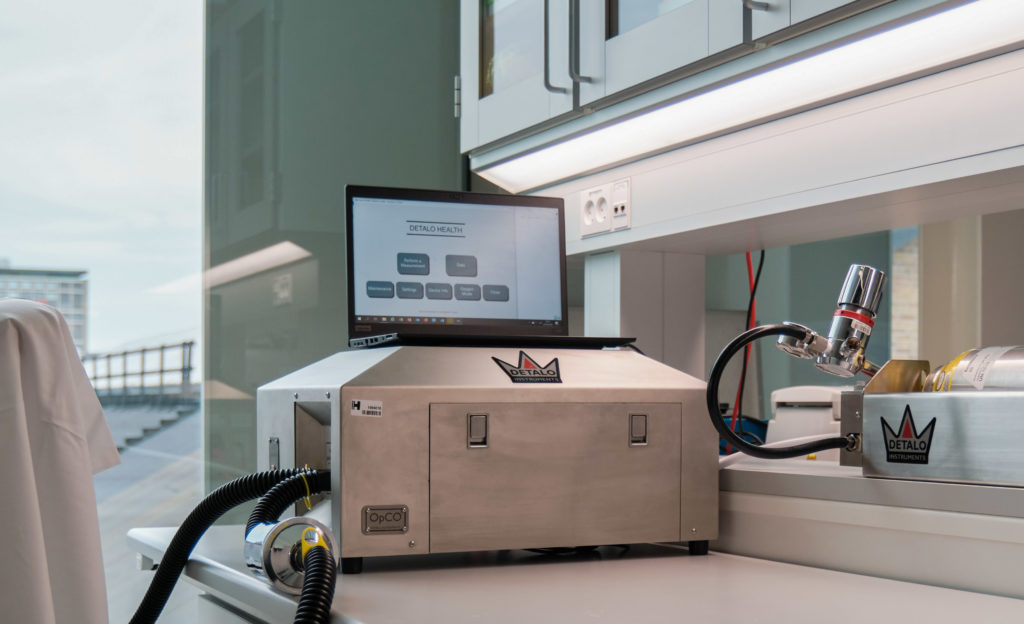Diagnosis of Polycythemia vera
What is Polycythemia vera?
Polycythemia vera is a rare type of blood cancer leading to an increase in all blood cells, but particularly in red blood cells. Patients are hence typically hypervolemic and with elevated hemoglobin concentration. The extra blood cells and platelets cause the blood to be thicker than normal and slow down the flow of blood, reducing oxygen supply to parts of the body. As a result, abnormal blood clots are more likely to form and block the flow of blood through arteries and veins. Individuals with polycythemia vera have an increased risk of deep vein thrombosis, pulmonary embolism, risk of heart attack and stroke caused by blood clots in the heart and brain. Thicker blood also doesn’t flow as quickly to your body as normal blood. Despite the augmented oxygen transport capacity associated to a higher red blood cell volume the thicker blood causes a slowed blood flow and limits organs from getting enough oxygen and polycythemia vera patients often experience fatigue, weakness and shortage of breath.


Treatment of Polycythemia vera
Polycythemia vera typically develops in adulthood, around age 60, although in rare cases polycythemia vera occurs in children and young adults. A mutation in the JAK2 gene is the major cause of polycythemia vera. What causes the change in the JAK2 gene remains unknown however polycythemia vera generally isn’t inherited. The most common treatment for polychythemia vera is venous blood withdrawals. In the initial treatment period blood withdrawals may be as frequent as once per week, but which decrease with treatment progression. A simple but effective way to increase blood flow to is to perform moderate exercise.
Blood Volume Guided Treatment of Polycythemia Vera
Diagnosis of polycythemia vera is usually based on hemoglobin concentration and other clinical signs.
By assessing red blood cell volume and total blood volume with a blood volume measurement device, the treatment strategy can be evaluated and relevant interventions can be identified.

Blood Volume Measurement in 15 Minutes
Detalo blood volume analyzers determine total blood volume, red blood cell volume, and plasma volume in humans in a rapid, safe, and precise manner.
The Detalo Clinical™ is a CE-certified (MDR) medical device for routine blood volume assessment in standard clinical care. The device allows healthcare professionals to distinguish between true anemia and dilutional anemia and to determine if a patient is euvolemic, hypovolemic, or hypervolemic. Finally, it allows clinicians to evaluate and track the effectiveness of a treatment intended to change blood volume.

